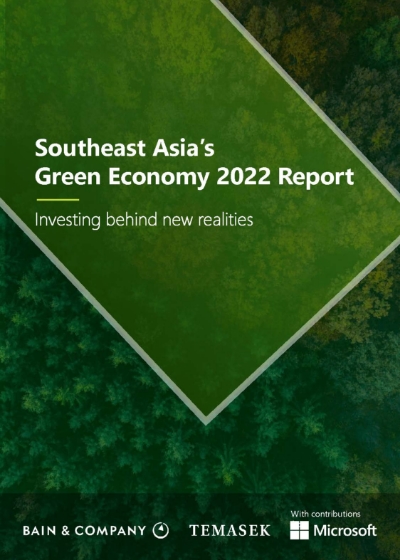The Republic is considering setting 2050 as the year for Singapore to have its planet-warming emissions reach net zero, giving clarity to a timeline announced earlier this year.
The National Climate Change Secretariat (NCCS) on Monday said Singapore is also deciding whether to raise its 2030 climate target to support the longer-term goal.
The current target allows the country to continue releasing planet-warming emissions, reaching a peak of 65 million tonnes of greenhouse gas emissions in 2030.
NCCS said the public can give their views on the 2050 timeline and the possibility of an updated 2030 target via government feedback portal Reach. The public consultation exercise opened on Monday and closes on Sept 26.
The latest update puts a more definitive timeline on Singapore's plan to reach net-zero emissions, which refers to the country taking out as much planet-warming greenhouse gases from the atmosphere as it releases.
Achieving this means cutting greenhouse gas emissions to as close to zero as possible, such as by swopping fossil fuels for renewable energy.
Any remaining emissions need to be reabsorbed from the atmosphere by restoring forests and mangroves, for instance.
During this year's Budget in February, Deputy Prime Minister and Finance Minister Lawrence Wong had said Singapore will aim to have its emissions dwindle to net zero "by or around mid-century".
He added that the carbon tax rate in Singapore will also be increased from the current $5 per tonne of emissions to between $50 and $80 by 2030, to help the country reach its climate targets.
The increase in carbon tax is among a slew of climate initiatives that Singapore announced in recent months.
Others include Singapore's plans to electrify its vehicles and make its buildings and factories more energy-efficient.
Singapore's target of achieving net-zero emissions by 2050 aligns its longer-term climate target with other developed nations.









